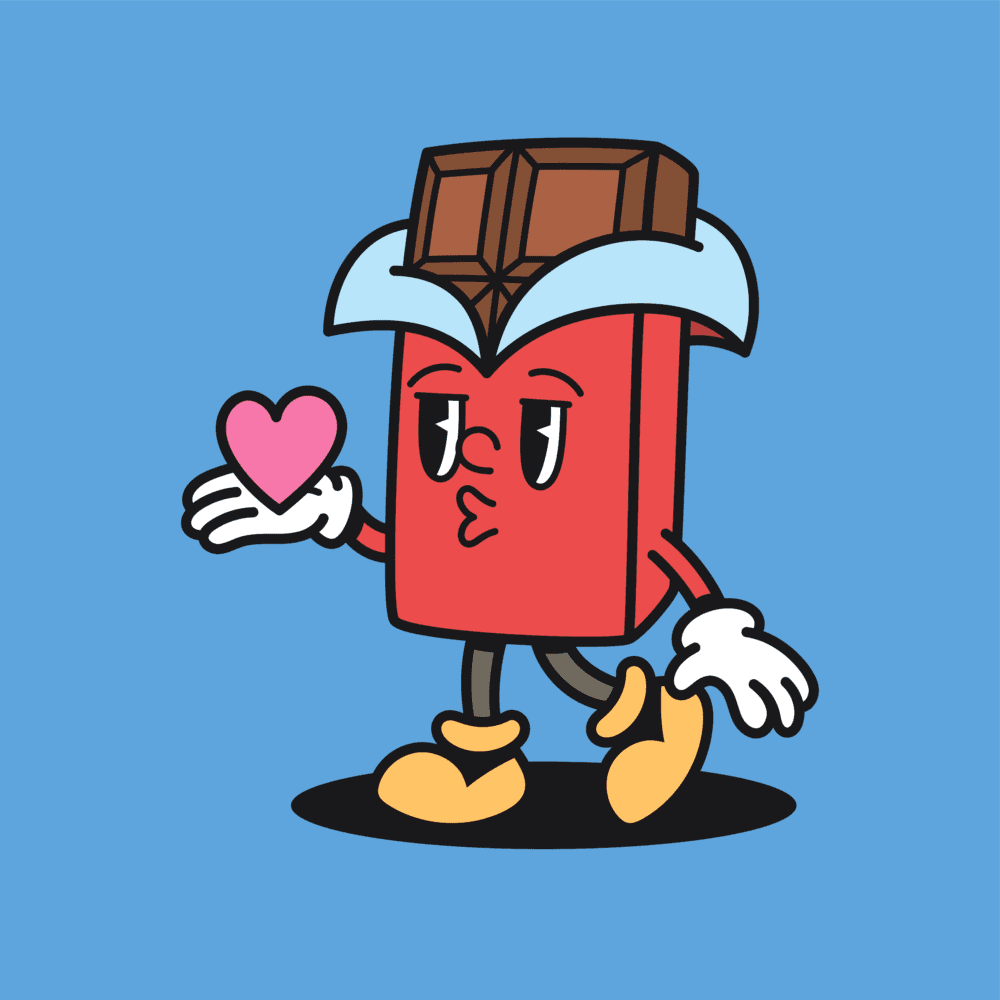Explicit content has become more accessible than ever before, leading to a rise in concerns surrounding porn addiction. With its pervasive availability on the internet, pornography addiction can be a significant issue affecting individuals of all ages and backgrounds. Understanding this addiction and exploring effective treatment approaches is crucial in addressing its impact on mental health and relationships.
What is Porn Addiction?
Porn addiction, also known as compulsive sexual behaviour disorder or problematic pornography use, is characterized by an individual’s inability to control their consumption of pornographic material despite experiencing negative consequences. Like other forms of addiction, such as substance abuse or gambling, porn addiction involves a compulsive behavior that interferes with daily life and relationships.
Causes of Porn Addiction
Several factors contribute to the development of porn addiction, including:
- Brain Chemistry: Pornography can trigger the release of dopamine in the brain, creating a pleasurable sensation similar to that experienced with drugs or alcohol. Over time, individuals may develop a tolerance, requiring more extreme or novel content to achieve the same level of satisfaction.
- Psychological Factors: Underlying psychological issues, such as stress, depression, anxiety, or past trauma, can increase vulnerability to porn addiction. Individuals may turn to pornography as a coping mechanism to alleviate negative emotions or escape from reality.
- Accessibility: The internet has made pornography readily accessible, allowing individuals to indulge in it discreetly and frequently without facing social or legal repercussions. This ease of access can escalate consumption and contribute to addiction.

Effects of Porn Addiction
Porn addiction can have profound effects on various aspects of an individual’s life, including:
- Relationship Problems: Excessive pornography use can lead to intimacy issues, decreased sexual satisfaction, and conflicts within romantic relationships. Partners may feel neglected, betrayed, or inadequate, leading to breakdowns in communication and trust.
- Mental Health Issues: Porn addiction is often associated with anxiety, depression, low self-esteem, and feelings of guilt or shame. Obsessive thoughts about pornography consumption can impair concentration, productivity, and overall emotional well-being.
- Social Isolation: Engaging in excessive pornography use may lead to social withdrawal and isolation as individuals prioritize their online activities over real-life interactions. This can exacerbate feelings of loneliness and alienation.
Treatment Approaches
Effective treatment for porn addiction typically involves a combination of therapeutic interventions and lifestyle changes. Some common approaches include:
- Cognitive-Behavioral Therapy (CBT): CBT helps individuals identify and challenge distorted thoughts and behaviors associated with porn addiction. It aims to develop coping strategies, improve self-control, and address underlying psychological issues.
- Mindfulness and Meditation: Practices such as mindfulness and meditation can help individuals develop greater self-awareness and emotional regulation. By observing their thoughts and urges without judgment, individuals can gain more control over their impulses.
- Support Groups: Joining support groups or attending counseling sessions with others facing similar struggles can provide a sense of solidarity and encouragement. Sharing experiences and receiving peer support can be instrumental in the recovery process.
- Lifestyle Changes: Positive lifestyle changes, such as engaging in regular exercise, pursuing hobbies, and fostering healthy relationships, can help individuals develop alternative sources of pleasure and fulfilment.
- Technology Restrictions: Implementing technology restrictions, such as installing website blockers or limiting screen time, can help reduce exposure to triggering content and prevent relapse.
Conclusion
Porn addiction is an issue with significant implications for mental health and well-being. By understanding the underlying causes and effects of this addiction, individuals can take proactive steps to seek help. With the support of therapy, lifestyle changes, and a strong support network, overcoming this problem is achievable, leading to a more fulfilling and balanced life. It’s essential to recognize that seeking professional help is not a sign of weakness but a courageous step towards healing and growth.
Ready to begin? Start your online therapy journey today. Book your first session now.




